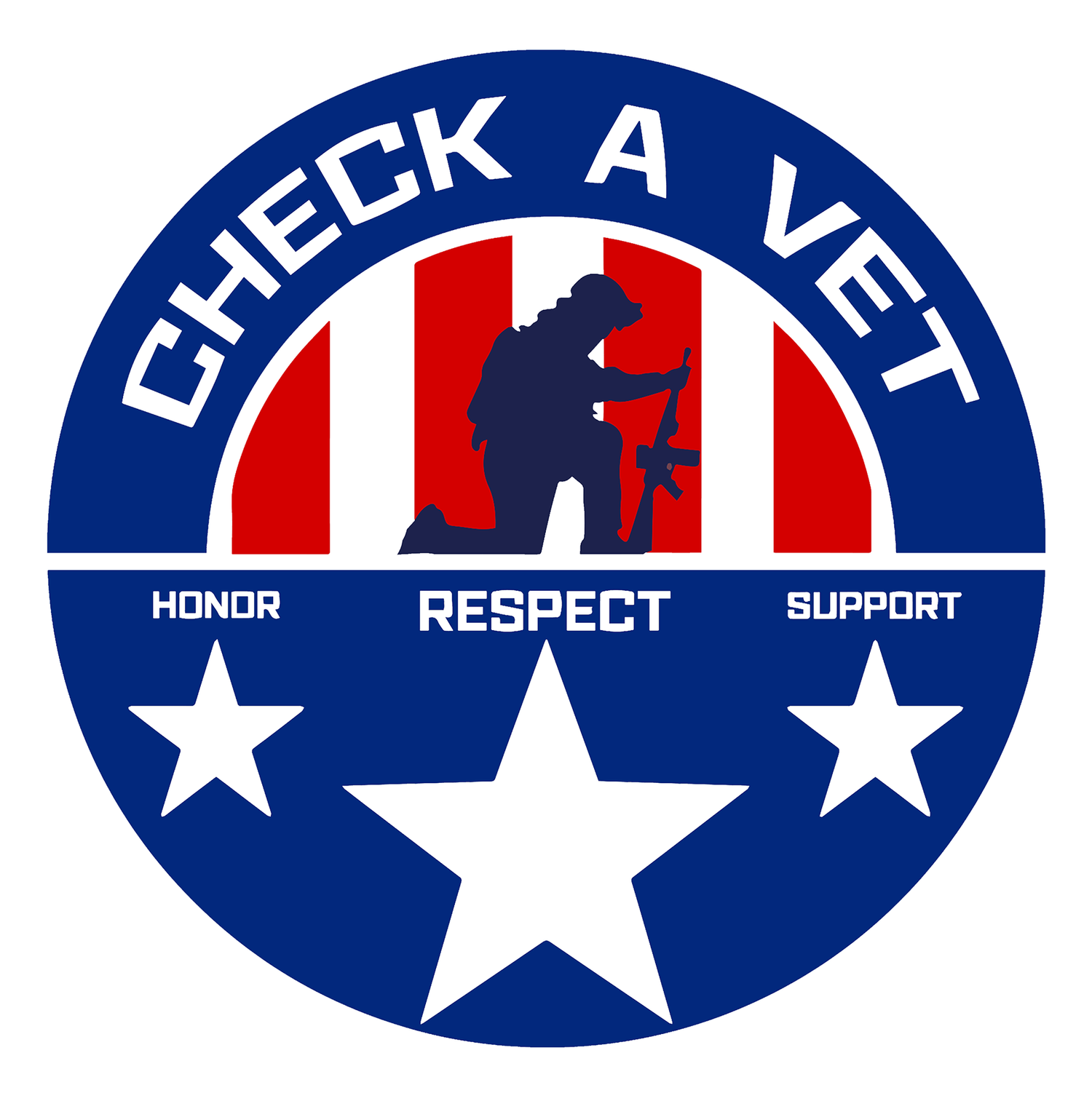
Suicide Risk and Protective Factors

To prevent Veteran suicide, we must work together to increase protective factors while decreasing risk factors in communities across the nation.
These are characteristics associated with a decreased likelihood of suicidal behaviors.
Factors that protect against suicide risk include:
Access to mental health care
Access to care for substance use disorders
Feeling connected to others
Adaptive spiritual functioning
Positive coping skills
Develop or learn about coping skills
Understand you reasons for living: kids, family, friends, major life events to look forward to
Relative psychosocial stability suggest enhanced ability to endure future crisis without engaging in self-directed violence
Have something that needs attention or taking care of like a pet or plants
VETERAN SPECIFIC PROTECTIVE FACTORS INCLUDE
Resilience
A sense of belonging and purpose through military service
Access to VA mental health care and care for substance use disorders
Positive coping skills learned in high-stress settings.
PROTECTIVE FACTORS CAN HELP OFFSET RISK FACTORS
Suicide Risk Factors
Alcohol and other substance use disorders
Mental disorders, particularly mood disorders, schizophrenia, anxiety disorders, and certain personality disorders
Hopelessness
Impulsive and/or aggressive tendencies
History of trauma or abuse
Major physical illnesses
Previous suicide attempt(s)
Stigma associated with asking for help
Lack of health care, especially mental health and substance abuse treatment
Cultural and religious beliefs, such as the belief that suicide is a noble resolution of a personal dilemma
Family history of suicide
Job or financial loss
Loss of relationship(s)
Easy access to lethal means
Local clusters of suicide
Lack of social support and sense of isolation
Exposure to others who have died by suicide (in real life or via the media and Internet)A history of interpersonal violence/abuse
Unwillingness to seek help because of stigma related to mental health, substance abuse disorders, or suicidal thoughts
Unemployment
Alcohol misuse/abuse
Economic instability and social disintegration
Perceived discrimination
Isolation, feeling cut off from other people
Local epidemics of suicide (called "Suicide Clusters")
Veteran specific risk factors also include:
Transition-related challenges
Post-traumatic stress disorder
Traumatic brain injury
Experience with firearms







